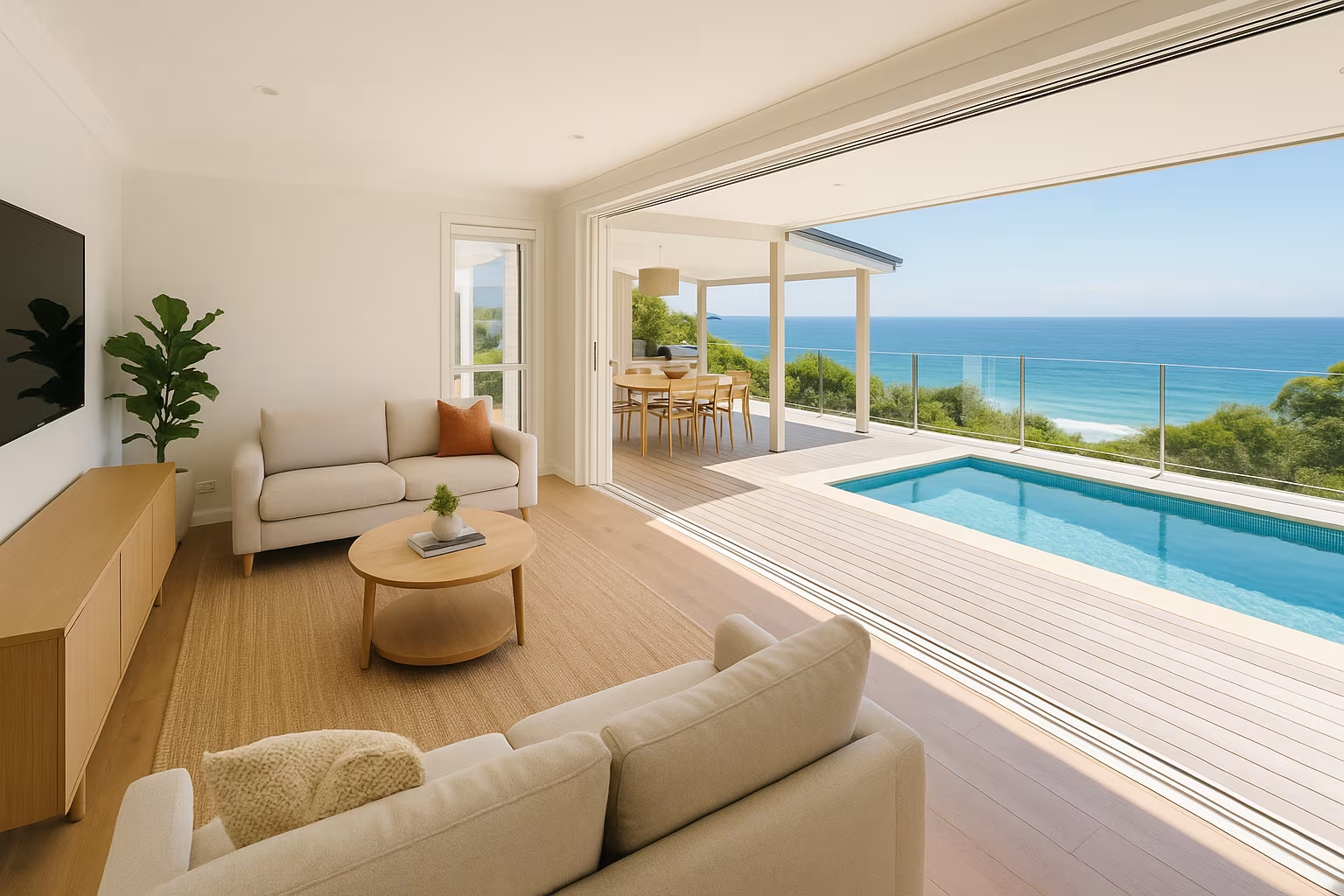How to Know if You Really Need Help from an Airbnb Manager: 5 Essential Factors

Running a short-term rental in Australia is no longer just about handing over keys and a tidy clean. Between 24/7 guest expectations, shifting state and council rules, and pricing that changes by the day, the difference between “nice side income” and “consistently strong returns” comes down to how professionally you operate. If you’re deciding whether to self-manage or appoint a manager, the five factors below will help you weigh costs, uplift and risk so you can choose the model that delivers the best net result.
The decision at a glance: costs, potential uplift and a 2‑minute self-assessment for Australia
Full-service STR managers in Australia typically charge 15–25% + GST of booking revenue, with lighter-touch co‑host options around 10–18%. Cleaning and linen are usually paid by guests via a fee, but owners should budget for onboarding items such as professional photos and safety compliance, plus state/local imposts (for example, Victoria’s 7.5% Short‑Stay Levy starts 1 January 2025).
Done well, professional pricing and operations can more than offset fees. Dynamic pricing platforms like PriceLabs and Beyond report 10–30% revenue gains versus static rates, and professional hosts’ faster responses and stronger reviews improve search ranking and conversion.
Quick self-check: if you’re not confident managing compliance (e.g. NSW STRA registration and fire safety, 180‑night caps in Greater Sydney, Brisbane’s higher STR rates once you pass 60 nights), daily pricing decisions, 24/7 guest comms and rapid turnarounds, a manager is likely to deliver better net income with less risk.
Factor 1: Time and responsiveness — can you reliably operate 24/7?
Australian rules increasingly assume someone is always on duty. In NSW, the STR Code of Conduct requires hosts or agents to be contactable at all times and act promptly on complaints; repeated breaches can lead to penalties and up to five years on the Exclusion Register. In Noosa Shire, a 24/7 local contact must respond to complaints within 30 minutes and, if needed, attend the property within one hour—non‑compliance risks infringement notices or permit suspension.
Platforms reward speed too. Airbnb tracks response time and rate, and Superhost status requires replying to 90% of new messages within 24 hours. Slow or missed after‑hours replies harm visibility and cost bookings. If your lifestyle or day job makes overnight messages and urgent callouts unrealistic, a manager with round‑the‑clock coverage protects both revenue and reputation.
Factor 2: Compliance, insurance and strata — are you covered under Australian rules?
NSW mandates STRA registration, adherence to a Fire Safety Standard (including compliant smoke alarms, evacuation info and basic kitchen fire gear), and a 180‑night cap on non‑hosted stays in Greater Sydney. Byron Shire has moved most areas to a 60‑day cap, and Code of Conduct breaches can attract fines and exclusion. Strata settings differ by state: in NSW, owners corporations can prohibit STR in lots that aren’t a host’s principal residence; in Victoria, owners corporations can seek VCAT orders, fines or compensation for problem short‑stays; in Queensland, bodies corporate generally can’t ban STR by by‑law, so council planning rules do the heavy lifting.
Standard landlord or strata building insurance often excludes short‑term letting. You’ll typically need a specialist policy with robust public liability, and insurers may decline claims if you’re not compliant with state safety and registration rules. A good manager will audit strata by‑laws, confirm what’s permitted, and ensure insurance and safety documentation are watertight.
Factor 3: Revenue management — can you beat professional pricing and distribution?
Set‑and‑forget rates leave money on the table. Professional revenue managers adjust pricing daily to lead‑time, competitor sets and seasonality, regularly delivering 10–20%+ higher RevPAR than static pricing. Major events can push rates two‑fold or more—think Taylor Swift’s 2024 tour, the Melbourne F1 Grand Prix or Vivid Sydney—so forecasting compression dates months ahead and applying premiums and minimum‑stay rules is key to yield.
Distribution also matters. Managers list across Airbnb, Booking.com and Stayz/Vrbo and optimise for net revenue. For example, software‑connected Airbnb listings often run on a host‑only fee around 15% (with lower/no guest fee that can boost conversion), while Booking.com commissions typically sit between 12–18%. Balancing channel mix, fees and demand patterns takes time and tooling most individual hosts don’t have.
Factor 4: On-the-ground operations — cleaning, maintenance and guest experience
Councils increasingly require a local contact who can act fast. In Noosa, the appointed person must be able to reach the property within 30 minutes, maintain a complaints register and enforce behaviour codes—expectations that are hard to meet without an on‑the‑ground team. In NSW, you must register for STRA and comply with the Fire Safety Standard before hosting; coordinating installation, checks and records for smoke alarms, evacuation plans and fire‑safety equipment protects you from penalties and de‑listing.
Operational excellence drives platform performance. Airbnb weighs cleanliness, response times and cancellations in search ranking; Superhost requires a 4.8+ overall rating with minimal cancellations. Professional cleaning, proactive maintenance and 24/7 guest support reduce noise/party risks, prevent negative reviews and minimise costly downtime.
Factor 5: Property fit and portfolio goals — does management align with your strategy?
Your property’s fit for short-term rental (STR) — and your own long-term goals — should guide your decision. Local caps and approvals vary: Greater Sydney limits non-hosted stays to 180 nights per year, Byron Shire moves most areas to 60 nights from September 2024, and Western Australia will soon require a statewide register with approvals beyond 90 nights.
A good manager can map these rules into your calendar strategy, pivoting to medium-term bookings when caps apply, or tailoring distribution to maximise high-yield periods. They’ll also factor in government charges like Victoria’s 7.5% Short-Stay Levy (from 1 January 2025) and state registration fees, so your forecast is accurate from day one.
If you’re looking to scale interstate, protect your main residence CGT exemption, or simply keep operations low-touch, an experienced, licensed manager can align daily decisions with your broader asset and tax strategy — meaning you focus on the bigger picture while they handle the moving parts.
Conclusion: Make the call with confidence + Book a free rental estimate
Ready to see what your property could earn with professional pricing, compliance and 24/7 operations? Speak with MadeComfy for a free short‑term rental income estimate and a transparent net return forecast tailored to your council area and strata rules.













